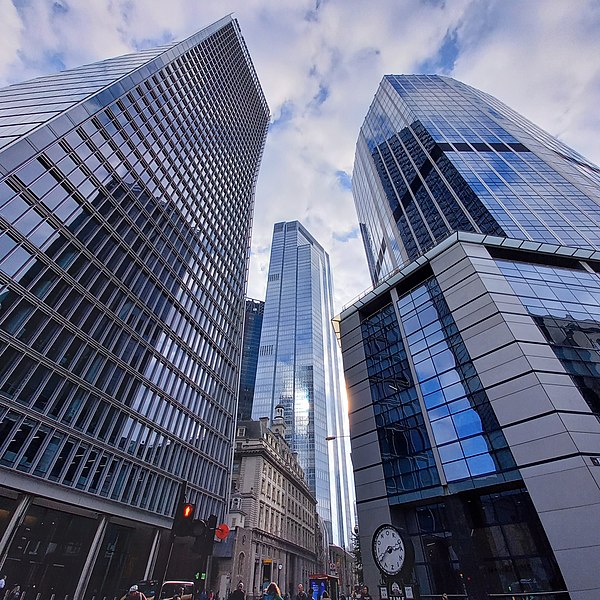
The UK economy remained stagnant for the second consecutive month in July, as manufacturing output saw a sharp decline. This poses a challenge for Prime Minister
Keir Starmer's new government, which is aiming to boost economic growth.
According to data released by the Office for National Statistics (ONS) on Wednesday, the economy showed no month-on-month change in July, mirroring the lack of growth in June. Economists surveyed by Reuters had anticipated a 0.2% increase in gross domestic product (GDP).
Despite this, the figures are unlikely to significantly alter expectations that the Bank of England will reduce interest rates later this year, likely in November rather than at the upcoming September 19 meeting. The British pound dipped slightly against the dollar, with investors giving a 25% chance of a rate cut next week, slightly higher than the previous day.
While the services sector saw a modest 0.1% growth in July, this was counterbalanced by declines in manufacturing and construction output.
Hailey Low, an associate economist at the National Institute of Economic and Social Research, suggested that the UK economy is expected to grow in the latter half of 2024, though at a slower pace compared to the early rebound from a shallow recession earlier in the year. She added that the upcoming budget would be closely watched for policies that could drive long-term economic growth, a key focus for the Labour government.
Finance minister Rachel Reeves acknowledged the scale of the economic challenge facing the UK, cautioning that change would not happen overnight. However, she pointed to Amazon Web Services' announcement of an £8 billion ($10.45 billion) investment to build data centers in the UK as a sign of optimism.
Since the COVID-19 pandemic, the UK's economy has experienced slow growth, expanding only 2.3% between the fourth quarter of 2019 and the second quarter of 2024. Economic output in July was 1.2% higher than the same month in 2023, below economists' expectations of 1.4% growth.
Prime Minister Starmer has set a goal of achieving 2.5% annual economic growth, a rate the UK has not consistently reached since before the 2008 financial crisis.
In addition, trade data for July revealed a significant drop in goods exports to both EU and non-EU countries, while services exports saw only slight growth. After accounting for inflation, goods exports to non-EU countries hit their lowest level since May 2020, and excluding the pandemic, it was the weakest performance since September 2011. Photo by It's No Game, Wikimedia commons.


































